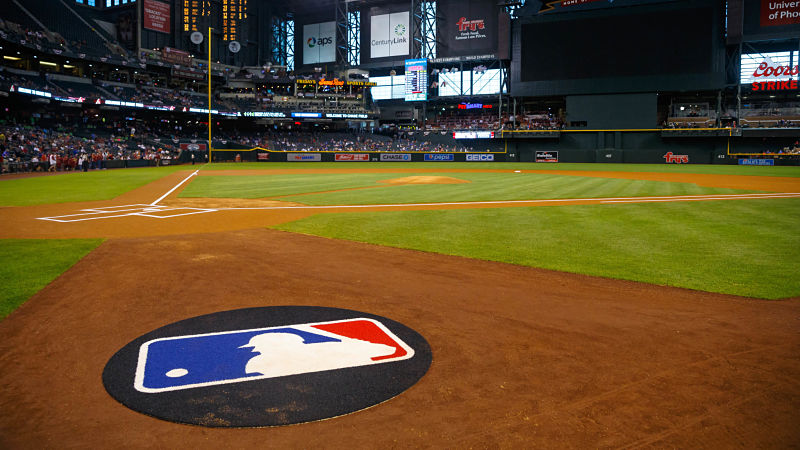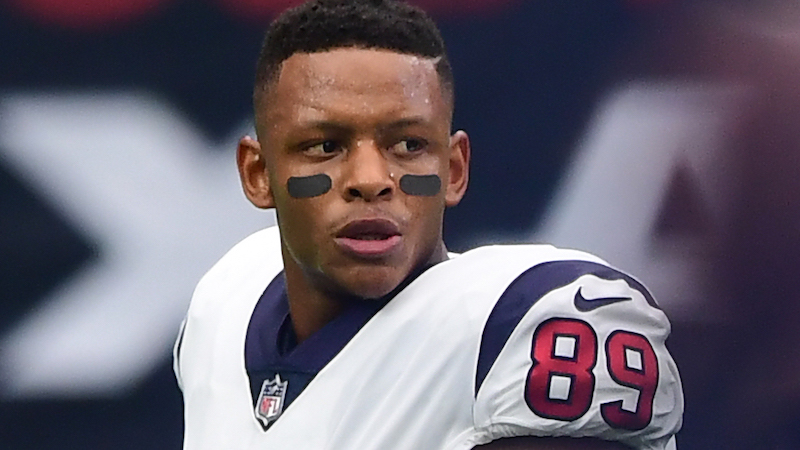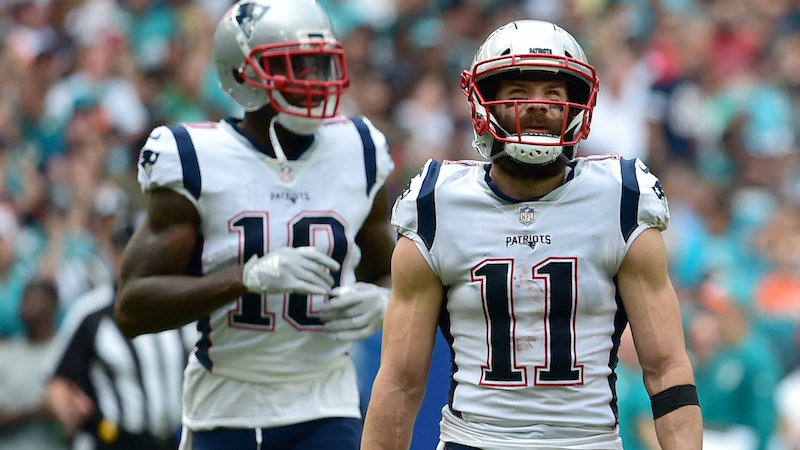Unlike the U.S. Postal Services, there are no delivery issues with the Celtics mailbag.
The questions have not come as frequently since the season came to a close, which is not surprising considering the disappointing way the season ended for the Celtics. If it took you a while to get over that Game 7 defeat, we understand.
Still, a lot has happened between now and then. The Celtics drafted a pair of promising young big men in Jared Sullinger and Fab Melo, the Knicks declined to match Jeremy Lin's offer sheet from the Houston Rockets and LeBron James finally won a championship. Meanwhile, the Celtics have also been busy adding players of the non-rookie variety, too.
We will get to the first three matters in this week's mailbag. As for any thoughts and analysis on the latter topic, send in your questions for the next mailbag or check out all the Celtics and NBA coverage on NESN.com.
How good can Sullinger be? Someone compared him to Jeff Ruland. That is not very good. Can he be a better version of Corliss Williamson? Did Adrian Dantley have hops? He was an inside scorer. Who among past or present stars does he compare to? What is his best upside, like 15 points and 8 rebounds per game? How bad are his defensive skills? Lastly, why Melo? He has very limited offensive skills. What did the Celtics see in him? — Anonymous, New York City
Wow, that is quite the barrage of questions. Here goes nothing.
Sullinger can be an immensely productive NBA player, if he stays healthy. The concerns over his back, which Sullinger says are unfounded, were all that kept Sullinger from being a top-14 draft pick. As for Ruland, that is either very, very good or really bad, depending on whether the comparison is based on the level of play or the brevity of the career. Ruland was an excellent player for three seasons with the Bullets and made the 1984 All-Star team as the leading scorer for a playoff contender in Washington. His career was essentially over two years later, though, when nagging knee injuries caught up with him. So if Sullinger eventually averages 22.2 points and 12.3 rebounds, as Ruland did in his prime, combined with Williamson's longevity, the Celtics would be thrilled.
The comparison of Sullinger to Dantley only goes so far. Dantley was also criticized for being too small and overweight, but unlike Sullinger, Dantley was a 6-foot-5 guard/forward with a good outside shot and explosive first step. He scored in the post thanks to clever moves and a knack for getting fouled, which is precisely what Sullinger will need to do to score effectively inside against bigger defenders.
For the upcoming season, Sullinger's upside would be somewhere around six points and four rebounds per game, in my opinion. That may not seem substantial, but taking into account Doc Rivers' traditional reluctance to play rookies and the fact that Brandon Bass and Chris Wilcox likely will begin the season ahead of Sullinger in the rotation, that is a realistic mark. We cannot honestly project anything for Sullinger long-term until we see how he reacts to the pro game, how the Celtics intend to deploy his skills and how his body holds up.
As for Melo, the Celtics do not care about his offense right now. He was drafted to be a defensive presence, and that area of his game is the first thing the Celtics will address.
Hey Ben, interesting article about Felton/Lin — just wondering how you could fail to mention at all the economics of Lin's contract and the luxury tax hit the Knicks would have to absorb if they matched Houston's offer sheet. Also, Lin's apparent secret meetings with the Rockets to renegotiate the deal. Any thoughts you have on those, I'd be quite interested to hear in addition to the emotional appeal of Linsanity — Adam, Washington, D.C.
Thanks, Adam. I assume you're referring to my, er, unenthusiastic take on the Knicks signing Raymond Felton. As you mentioned, I did not broach the topic of the luxury tax hit the Knicks would have taken by matching Jeremy Lin's offer sheet with the Houston Rockets, but only because I addressed it in several other stories and determined that it was all a bunch of hooey. If you buy the financial excuse, I'm sorry to say you have bought exactly the bag of goods the Knicks hoped you would. For one thing, Lin's contract alone is not what puts the Knicks into luxury tax territory, since the massive contracts for Carmelo Anthony, Tyson Chandler and Amare Stoudemire, not to mention three-year deals for two players closing in on 40 years old, contribute to the Knicks' bloated payroll as well. Just recalculate the payroll by adding Lin's deal first instead of last, and suddenly it becomes Jason Kidd or Marcus Camby's deal that puts the Knicks over the edge.
Certainly, the Knicks would like us all to see the $14.8 million salary in year three of Lin's deal and think it was "ridiculous," as Anthony did. That distracts from the two other, more appropriate, ways to view the deal. First, the Knicks conveniently failed to mention that the first two years of that deal would be at a laughably low $5 million each, considering Lin's marketability. Second, the average annual value of the contract would be roughly $8.3 million — hardly an unreasonable rate for even a slightly above average point guard in the NBA.
As for Lin's meetings with the Rockets, they were not "secret" — another New York creation. Under the collective bargaining agreement, teams have built-in financial protections to help them keep their own players. The Rockets could not offer Lin more than the $5 million per year for the first two years, so the only way to sweeten the deal for Lin and to dissuade the Knicks from matching was to backload the deal. Expect it to become fairly standard practice for teams to agree to terms with restricted free agents, then renegotiate those terms in the final writing.
Knocking on the door for top five all time? You can't be serious. You get paid to write garbage like this? If so I want to become a sports writer. — Damani, Bronx
I anticipated at least one angry retort to this story, Damani. Any time someone gets into ranking anything — players, teams, the best hot dogs in New York — an argument is bound to ensue.
Anyway, yes, I am serious about LeBron James knocking on the door of the top five players of all-time — eventually. That is the key. As I wrote, another four or five years at his customarily dominant level, plus a few more titles — say, 3-5 — and there is no doubt in my mind he will unequivocally belong among the top 10. Depending on just how dominant he is over those years, and how he closes out the final decade or so of his career, James definitely could supplant one of the legends I mentioned as one of the greatest handful of players to ever play the game. James' detractors may hate to admit that, but eventually it could become inevitable.
For what it's worth, my placement of James right now as merely a "top 15" player all-time is conservative. Most analysts who rank these kinds of things already place him easily in the top 10 and more like the top eight.
Have a question for Ben Watanabe? Send it to him via Twitter at @BenjeeBallgame or send it here.


